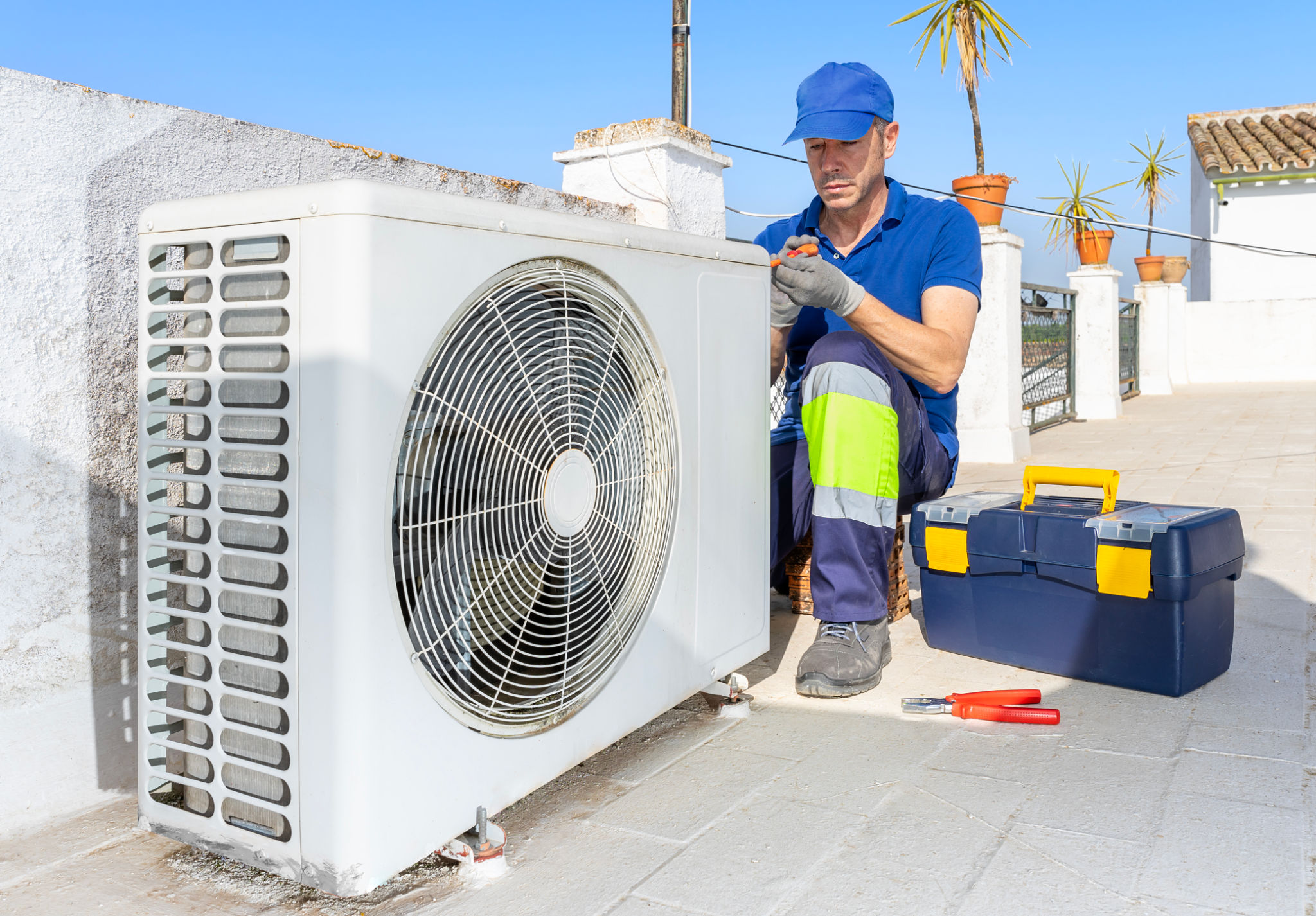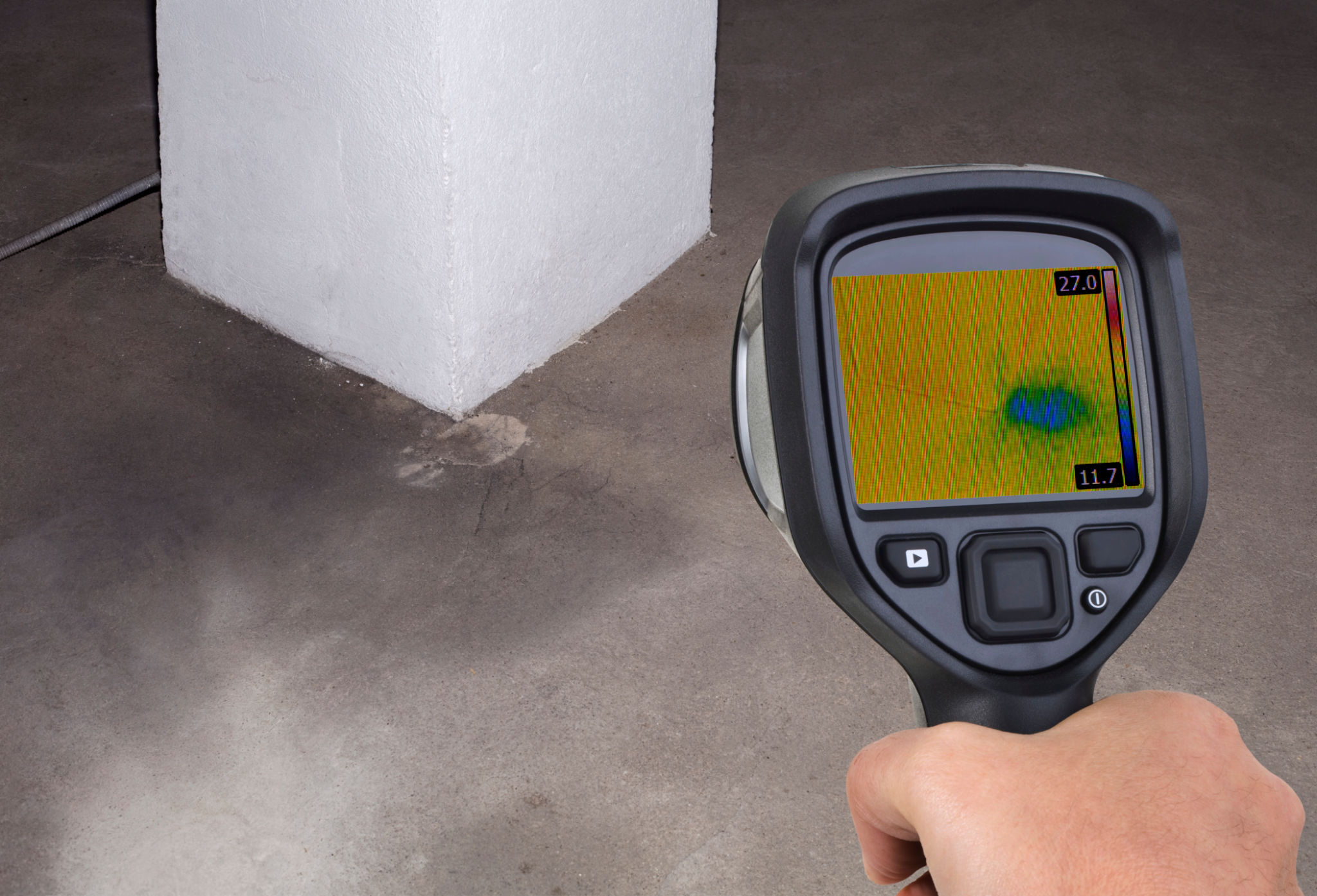Common Misconceptions About Air Compressor Efficiency and How to Avoid Them
Understanding Air Compressor Efficiency
Air compressors are vital tools in various industries, but there are numerous misconceptions about their efficiency. Understanding the truth behind these misconceptions can help businesses maximize their air compressor performance and reduce costs. It is essential to distinguish between myths and facts to ensure optimal use and energy savings.

Misconception 1: Bigger is Always Better
One common misconception is that a larger air compressor will automatically improve efficiency. While it may seem logical that a bigger compressor could handle more tasks, this is not always the case. The key to efficiency lies in choosing the right compressor size for your specific needs. Oversized compressors can lead to increased energy consumption and unnecessary waste.
To avoid this issue, conduct a thorough assessment of your air requirements before purchasing. Consider the tools and machinery that will be powered by the compressor and consult with an expert if necessary. Selecting the appropriate size will help maintain energy efficiency and reduce long-term operating costs.
Misconception 2: Maintenance is Optional
Another widespread myth is that air compressors do not require regular maintenance. Some users believe that these machines can operate efficiently without routine checks. However, neglecting maintenance can lead to reduced efficiency, increased wear and tear, and potential breakdowns.
Regular maintenance tasks such as checking for leaks, replacing filters, and ensuring proper lubrication are crucial. Establishing a maintenance schedule can prevent unexpected issues and prolong the lifespan of your compressor.

Misconception 3: All Compressors Have Similar Energy Costs
It is easy to assume that all air compressors have comparable energy costs, but this is far from true. Different types of compressors vary significantly in terms of energy consumption. For instance, rotary screw compressors are generally more energy-efficient than piston compressors.
To avoid unnecessary expenses, consider the energy efficiency rating when purchasing an air compressor. Investing in a more efficient model may have a higher upfront cost but can result in significant savings over time through reduced energy bills.
Misconception 4: Leaks Are Inevitable
Some operators accept air leaks as an unavoidable aspect of using air compressors. However, leaks can lead to substantial energy losses and decreased efficiency. In fact, even small leaks can add up to considerable costs over time.

To combat this misconception, regularly inspect your system for leaks and repair them promptly. Using leak detection tools and implementing a leak management program can significantly enhance your system’s overall efficiency.
Conclusion: Enhancing Air Compressor Efficiency
By addressing these common misconceptions about air compressor efficiency, businesses can optimize their operations and reduce costs. It is crucial to select the right compressor size, prioritize regular maintenance, consider energy efficiency, and address leaks promptly. By taking these steps, you can ensure that your air compressor operates at peak efficiency, ultimately benefiting your bottom line.
